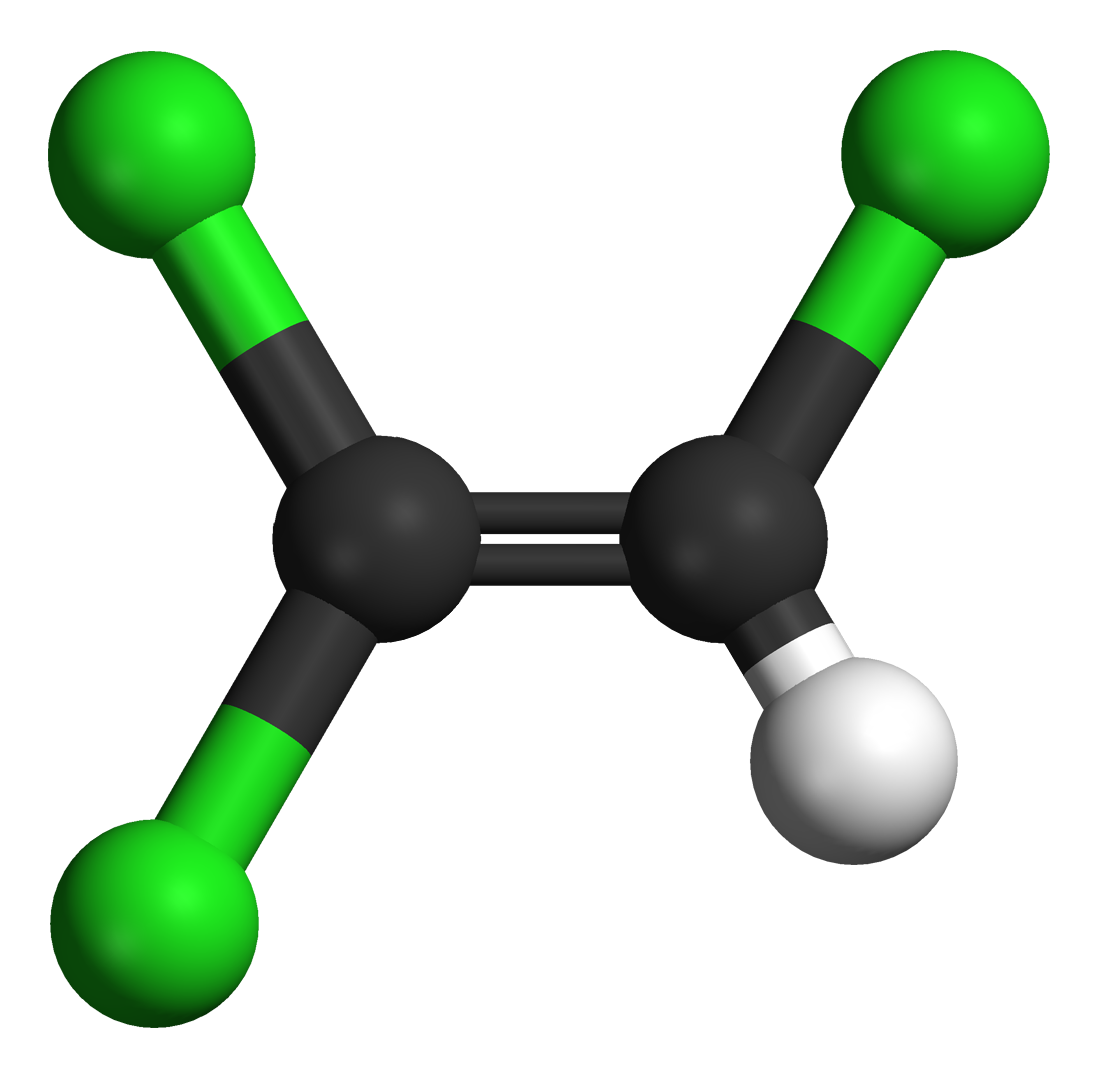Trusting our Food and Water
Here at Strong99 we’re putting forth lifestyle changes that will help us thrive later in life. There is lots of talk about longevity and extending lifespans but there is little point in extending lives when there isn’t an associated increase of purposeful, enjoyed years.
Most people have an instinctual understanding that their bodies need fresh water and quality food. In the developed world we often rely on nutrition that includes things like sugar and preservatives that trick our instincts. Many try to “eat clean” to overcome this interference, but what happens when we can’t even trust what “eat clean” means?
Tuft’s food advice driven by big business
I follow Nina Teicholz on Twitter (@bigfatsurprise) and she’s been going after a bonkers “Food Compass” published in Nature in 2021. For example, as published Count Chocula cereal is to be encouraged while whole milk and cooked ground beef are to be minimized.


It’s worth diving into her deeper writeup on
as it explains the tight coupling between the food industry lobby and the government and how there was a push to adopt this research as part of the US government food guidelines. Most telling is how the Food Compass skews to processed foods, which is where the food business makes its money.Tuft’s has some response to nutritional aspects of the criticism with their FAQ showing how they are creating new versions of the Food Compass using the external feedback. The problem here is that the paper in Nature Food is the one they decided to publish and stand behind: until people pushed back they were happy with saying fake cheese was healthier than real cheese because that benefitted the companies behind their funding.
US Dietary Guidelines
More recently Teicholz chimed in on a graphic from the newest “Dietary Guidelines for Americans” that somehow portrays Sparkling Water as “nutrient dense”. We can also see the impact of industry on how decisions about these guidelines are made: General Mills partners with Tufts University, and the chair of the guideline’s advisory committee is from Tufts.
The guidelines themselves come in a 164-page PDF, so there’s that. Even giving the benefit of the doubt about the science involved it’s hard to see how this is the way to engage the populace, let alone individual Doctors who might use it to advise patients.


The Risks of Degreaser Chemicals in your Water
This week brought the release of an article in the Journal of Parkinson’s Disease showing links between trichloroethylene - TCE - exposure and the development of Parkinson’s Disease later in life. TCE has long been known to cause a variety of problems for humans, including cancer. Nowadays it is mainly used as a solvent/degreaser but can find its way into the water table. During the Trump presidency, industry lobbying that brought the dangers of TCE into question was successful in helping deregulate some of its uses. The Union of Concerned Scientists is asking the EPA to investigate.
What’s the solution?
It’s difficult to be in a position where science and government information are in question. Certainly that is a big part of those encamped on the climate-denier and anti-vax side of things.
It’s also difficult to be in a position where the quality of our water and food are in question.
“But Strong99” you say, “does all this doom and gloom mean we’ll never actually get to enjoy our long lives?”. Of course not. This isn’t fear-mongering. The vast majority of our water is clean, there is so much great, healthy food, so much fantastic science (and actionable, government-provided information). But it does speak to the need for us to be vigilant with what we consume, whether that be water, food, or science & government information. Read the labels. Learn to garden. Meet the farmers. Read science from reputable journals, pay close attention to the disclosures of industry and other funding, read what other scientists think. Learn about correlation vs. causation, the importance of sample size, and confounding variables in scientific studies.
We need to remember that it’s long term exposure to large amounts of these things that is most concerning. Yes, we’ve all eaten lots of processed foods, ingested chemicals from the water, maybe even ate some lead paint as a child. We’ll do most of that again at some point in the future too (except for the lead paint part). What matters is that our lifelong habits are setup to reduce the amount of additives and chemicals and increase the quality of nourishment.





